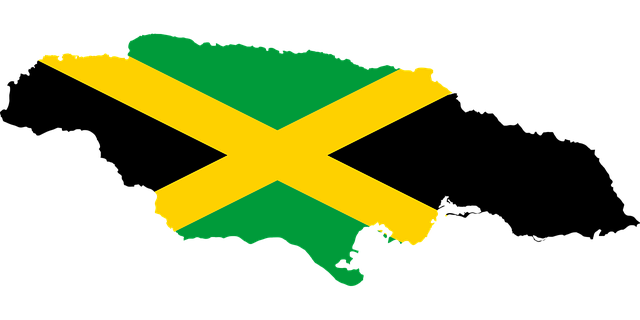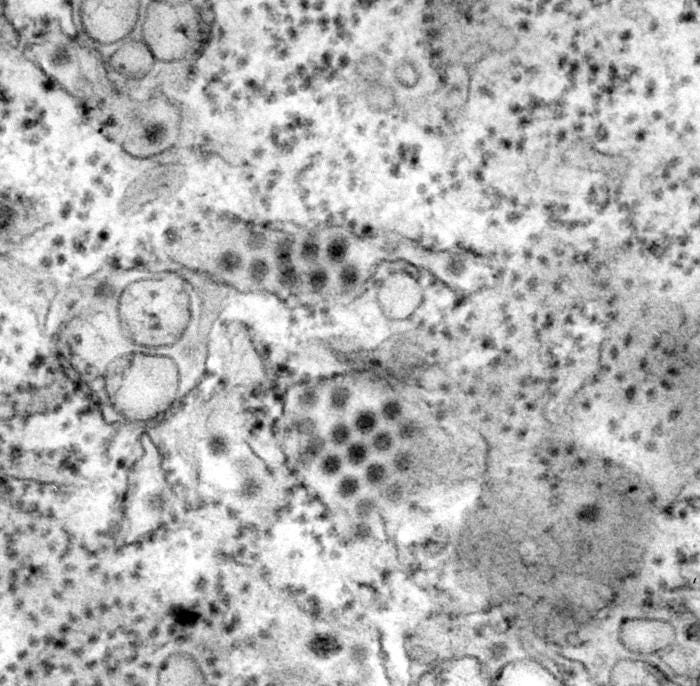Dengue news: Jamaica's rise in cases, WHO experts recommend Takeda vaccine, CDC travel notice
Jamaica
On September 23, the Ministry of Health & Wellness declared an outbreak of Dengue for Jamaica. This was prompted when the Ministry’s National Surveillance Unit advised that Jamaica has surpassed the Dengue epidemic threshold and was on a trajectory to continue.

At that time, the country had recorded 565 suspected, presumed and confirmed cases.
More recently, Health officials on the Caribbean island nation report that the number of presumed, suspected and confirmed Dengue cases has increased to 1,060 (132 confirmed) and the first dengue related death was classified.
Among the confirmed cases, Dengue Type 2 (DENV2) predominates.
Kingston & St. Andrew, St. Thomas, St. Catherine, Portland, and St. James have recorded the most confirmed cases; however, all 14 parishes have recorded cases.
WHO Strategic Advisory Group and QDENGA
The World Health Organization’s (WHO) Strategic Advisory Group of Experts (SAGE) on Immunization provided recommendations for use of Takeda’s QDENGA, (Dengue Tetravalent Vaccine [Live, Attenuated]) (TAK-003) today.
These include:
Consideration for introduction in settings with high dengue disease burden and high transmission intensity to maximize the public health impact and minimize any potential risk in seronegative persons.
Introduction to children aged six to 16 years of age. Within this age range, the vaccine should be introduced about 1-2 years prior to the age-specific peak incidence of dengue-related hospitalizations. The vaccine should be administered in a 2-dose schedule with a 3-month interval between doses.
Introduction should be accompanied by a well-designed communication strategy and community engagement.
This is a conditional recommendation, and in the coming months the WHO will consider this recommendation and provide final guidance on the use of QDENGA in public vaccination programs.
QDENGA is currently available for children and adults in the private market in countries in Europe, Indonesia and Brazil, and will be available in Argentina and Thailand in the coming months.
Dengue fever is among the most common mosquito-borne viral diseases worldwide. It is endemic in more than 100 countries and causes an estimated 390 million infections each year. While many dengue infections are asymptomatic or produce only mild illness, dengue can occasionally cause more severe disease, and even death. Dengue is also a leading cause of fever among travelers returning from Latin America, the Caribbean and Southeast Asia.
CDC travel notice for the Americas
The Centers for Disease Control and Prevention (CDC) updated their travel notice (Level 1 - Practice Usual Precautions) recently for many parts of Central and South America, Mexico, and the Caribbean due to the ongoing risk of dengue.
Ten countries were pointed out as having higher-than-usual numbers of dengue cases--Argentina, Colombia, Cuba, Guadeloupe, Guatemala, Jamaica, Martinique, Nicaragua, Panama and Peru—and travelers visiting these countries may be at increased risk.
To date, according to the Pan American Health Organization (PAHO), the Region of the Americas has reported 3,508,705 total dengue cases, including 1,635,735 confirmed.
1,665 dengue related deaths have been reported in the region.
CDC notes because dengue is spread by mosquito bites, all travelers to risk areas should prevent mosquito bites by using an EPA-registered insect repellent, wearing long-sleeved shirts and long pants when outdoors, and sleeping in an air-conditioned room or room with window screens or under an insecticide-treated bed net.





